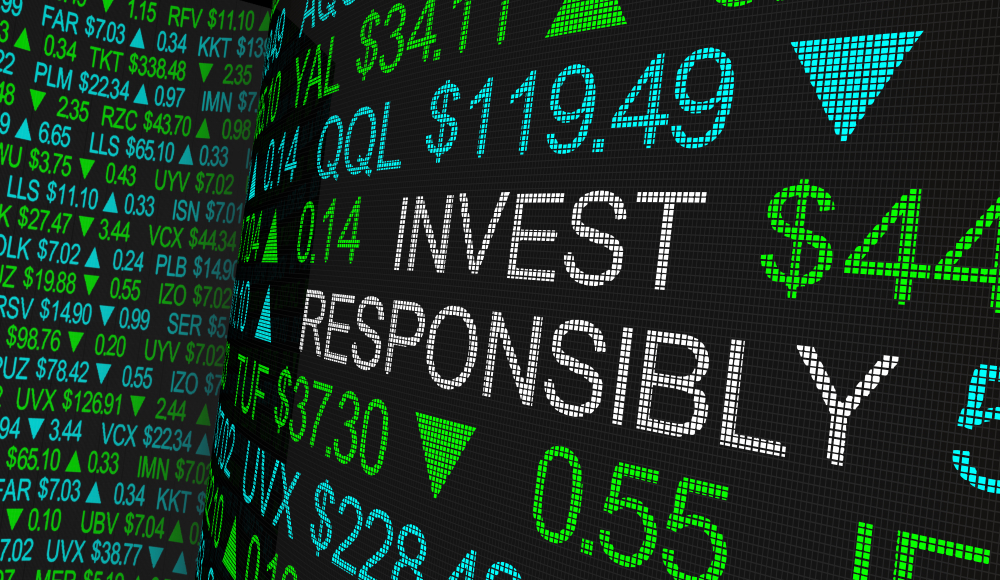Blog
BLOG: Why ‘green’ investments aren’t all the same

One of the most prominent investment themes of late has been how fund managers have incorporated Environmental, Social and Governance (ESG) factors into their portfolios. But not all funds are the same.
In essence, this is all about investing profitably and looking after the planet and society at the same time.
Socially Responsible Investing (SRI) covers a range of strategies adopted by funds that address specific requirements of investors. Fund names may reference terms such as ethical, ecology, responsible, sustainable and impact to reflect their area of focus. SRI investing has seen a huge rise in popularity, and many mainstream funds are now applying ESG principles as evidence grows that responsible behaviour is more likely to produce higher and sustainable growth.
What has changed?
When ethical and environmental investing arrived in Britain in the 1980s, it was greeted with cynicism. Since then, the scale of the challenges facing the world has been driven home by Sir David Attenborough’s gripping nature documentaries and calls to action from activists like Greta Thunberg, for example. People are becoming more aware of their carbon footprint and the impact of the food we eat, clothes we wear and waste we generate.
Investing responsibly
Environmental aspects encompass climate change, products and services that protect and improve the environment and resource efficiency. Social issues relate to health and wellbeing, labour relations and equality, while governance involves voting on policies such as board independence, diversity and pay.
ESG teams engage with companies on concerns surrounding areas such as pollution and human rights. The aim is to encourage good practices and ensure companies are run in a way that will maximise investment returns, yet respect society and the environment. Tesco, for example, has collaborated with the World Wildlife Fund with the purpose of halving the environmental impact of the average shopping basket.
ESG risks also bring opportunities for innovation. Electric vehicles look set to disrupt transportation as falling battery costs make them more affordable. Meanwhile, power generation is becoming cleaner as the falling costs of solar panels and wind turbines make them more competitive.
Not all SRI funds are the same
SRI funds adopt a variety of approaches, so it’s important to choose one that matches your preferences. Some for example, may have a bias towards smaller companies. Investments in healthcare, technology, food, reusable materials and transport sectors may feature.
Ethical funds have the strictest criteria and actively avoid companies operating in unethical areas such as those involved in tobacco, gambling and weapons, or those with poor standards on human rights and animal welfare. Most now avoid fossil fuel businesses in response to reduced demand from investors. Kames Ethical Equity fund adopts this approach.
Environmental funds take a proactive stance and invest in companies making a positive impact on environmental issues. This will include water and waste management, carbon emissions reduction, recycling or use of less damaging materials. Pictet Global Environmental includes waste Management Inc and Vesta Wind Systems in its top 10 holdings.
Sustainable funds can have a broader mandate to produce sustainable growth over the long-term. These funds expect companies to exhibit responsible behaviour towards the communities in which they operate. Some fund managers see Unilever as a sustainable company even though it makes a lot of consumer products.
Impact funds have a philanthropic history where the wealthy will commit some money to ideas and companies that look to make a significant positive change to society. The important difference is that the impact is the priority over the opportunity for financial gain. As such some of the ideas and investments in such funds are often aspirational. However, as more profitable opportunities are identified the concept is being introduced into mainstream funds.
Adrian Lowcock is head of personal investing at Willis Owen